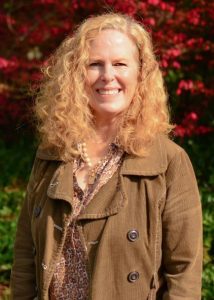Gratefulness: Practicing gratefulness daily can prime our brains to look for more reasons to be grateful which shifts our outlook, perspective, and mood.

McCraty and colleagues (1998), in one of their studies on gratitude and appreciation, found that participants who felt grateful showed a marked reduction in the level of cortisol, a stress hormone. They also had better cardiac functioning and were more resilient to emotional setbacks and negative experiences.
Positive psychology and mental health researchers in the past few decades have established an overwhelming connection between gratitude and good health. Keeping a gratitude journal, for example, reduces stress, improves the quality of sleep, and builds emotional awareness (Seligman, Steen, Park and Peterson, 2005).
You can practice your awareness of gratitude by:
- Journaling about what you appreciate
- Offering kindness
- Meditating about what gratefulness is for you
- Receiving that which is given to you
Gratefulness can also temper grief. Let’s listen briefly to a meditation practice for experiencing more gratefulness, which is just a state of thankfulness.
Here’s a 5-minute guided meditation to support your gratefulness practices this week and always.
***You may want to take some time during this holiday weekend to check out the CALM app or HeadSpace app if you haven’t already. Invest in your resilience bank.***
Practicing gratefulness daily can prime our brains to look for more reasons to be grateful which shifts our outlook, perspective, and mood.
So, feel your full heart, the delight as well as any dark velvet blues. Experience any grief and look for silver linings and opportunities to be grateful.
We have room to experience the full breadth of it all.
REFLECTION: Have I let people in my life know I am grateful for them?
For last week’s Mindful Monday, click here.

Lisa Wellington is a Certified Mindfulness Teacher who writes about integrative practices that downshift stress, increase insight, and jumpstart joy.
She is best known for her work with law enforcement professionals as well as those challenged by housing instability and addiction. Trained in the Fine Arts at Washington State University, she specializes in group training that engages participants’ inherent creativity.
If she is not under a stack of books about psychology and spirituality, she can be found at a Puget Sound beach or nearby trail, always searching for the absurd, which is her superpower.
Author: Lynnwood Times Staff













One Response